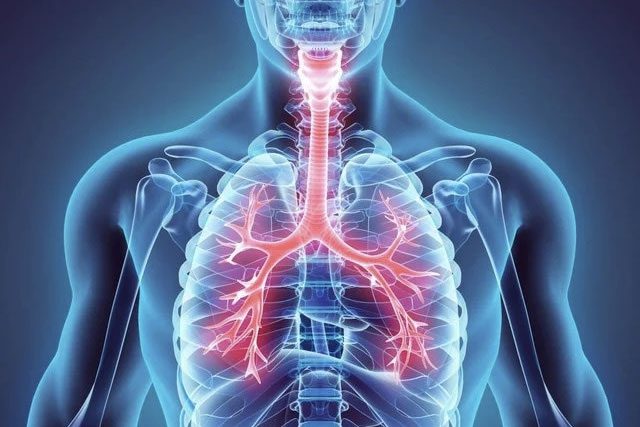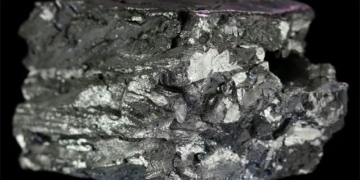When we exhale, a certain amount of air, primarily nitrogen, remains in the lungs.
What Happens If We Only Breathe Oxygen?
Pure oxygen can be quite dangerous. Oxygen toxicity or hyperoxia can harm both the lungs and the nervous system, leading to symptoms such as nausea, inflammation, and muscle spasms. Prolonged exposure to oxygen toxicity can even be fatal.
A byproduct of cellular respiration is a group of chemicals known as free radicals or reactive oxygen species, abbreviated as ROS. These free radicals can react with cellular proteins, altering them, which may mean they stop functioning or become active when not needed. The result is chaos! At this point, the antioxidants in your body come into play.
They are present to prevent or reverse the damage caused by free radicals and keep your system operating as usual. However, everything changes when you inhale higher concentrations of oxygen. Your body will utilize this extra oxygen to enhance energy production, increasing the number of free radicals in your body. An excess of free radicals will overwhelm your body’s antioxidant system, preventing it from neutralizing the radicals. In that case, your cells will begin to die, starting with the lungs where the oxygen concentration is highest, followed by the cells of your nervous system.

A mixture of nitrogen and oxygen helps keep our lungs inflated.
What Role Does Nitrogen Play?
The air consists of 78% nitrogen and 21% oxygen, with the remaining 1% made up of trace gases, including CO2.
Nitrogen gas is quite inert. Nitrogen is not attracted to any molecules in the body and does not easily dissolve in our blood plasma. Therefore, most of it remains in the lungs, which is very important! The mixture of nitrogen and oxygen helps keep our lungs inflated. This is due to the pressure that the nitrogen and oxygen gas mixture exerts on the lungs.
When we exhale, a certain amount of air, primarily nitrogen, remains in the lungs, maintaining baseline pressure. If we supplement the air with only pure oxygen, it will alter the air pressure in the lungs, causing our lungs to collapse.


















































